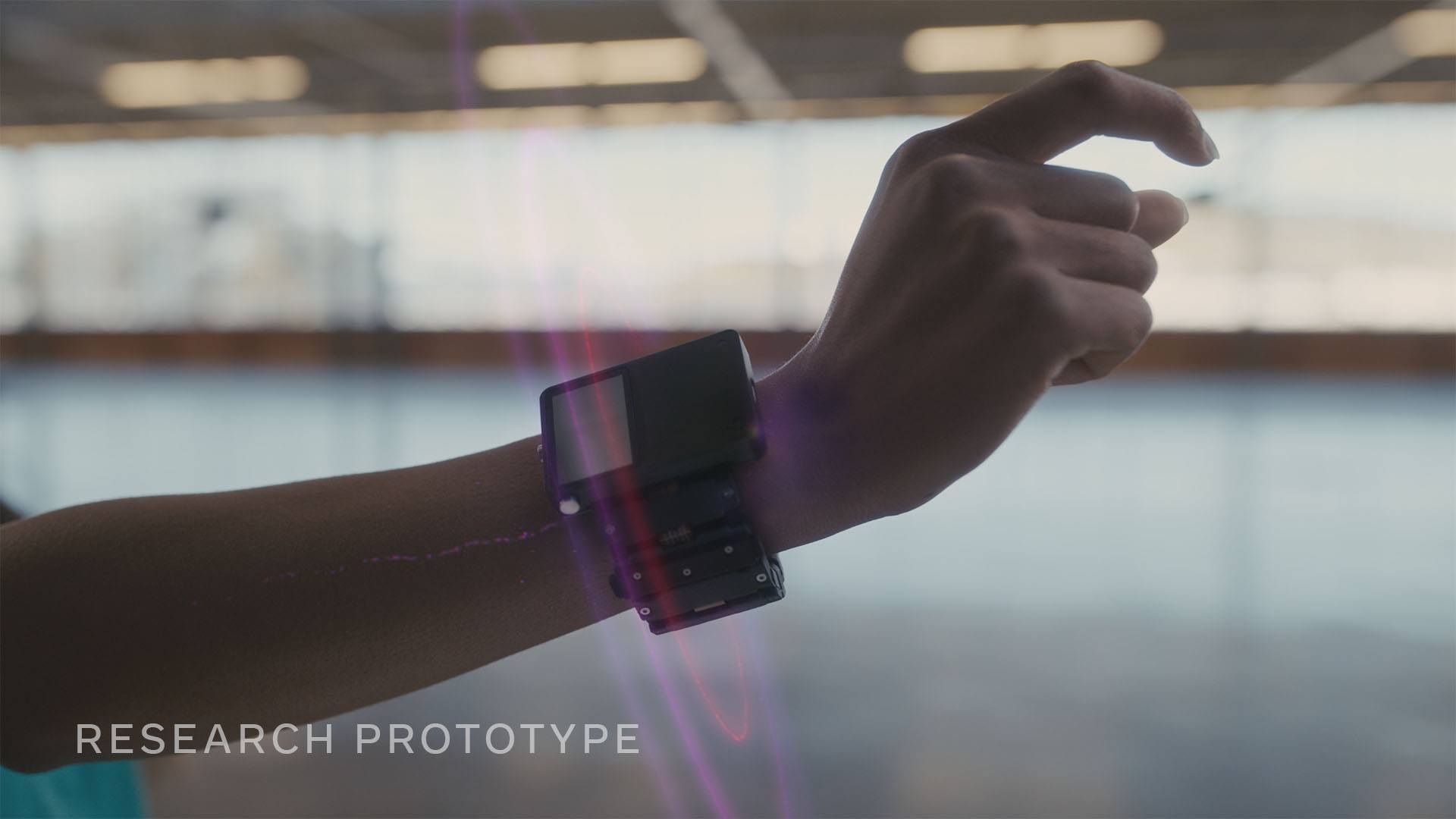Meta has quietly updated its first ever smart glasses called Ray-Ban Stories, by adding calling and messaging capabilities into the wearable device.
It was in September 2021 when Meta took its first step in its long-term goal of delivering true augmented-reality spectacles by teaming up with luxury sunglasses maker Ray Ban.
At the time the two firms announced what they call the first generation of smart glasses, with prices for a ‘Ray-Ban Stories‘ smart glass starting at $299.

Ray-Ban Stories
Facebook’s AR glasses were designed to overlay digital imagery on the user’s view of the real world.
It also gave wearers the ability to listen to music, and receive calls or capture photos and short videos and share them across Facebook’s services using a companion app.
The Ray-Ban Stories were also designed to allow the wearer to take first-person perspective pictures and 30 second videos thanks to dual integrated 5MP cameras.
The user can either manually take a picture or short video, or go hands-free with Facebook Assistant voice commands.
Facebook said last year the smart glasses use ‘beamforming technology and a background noise suppression algorithm’ to provide an enhanced calling experience.
And of course Facebook wants the user to share their lives with the world, so it provided the Facebook View app (Android, iOS), so users can share their “stories and memories seamlessly with friends and social media followers.”
The Facebook View app makes it easy to import, edit and share content captured on the smart glasses to apps on a person’s phone.
WhatsApp integration
And now this week Mark Zuckerberg has revealed that Ray-Ban Stories has more hands-free features, as the wearer can make calls, hear message readouts, and send encrypted messages – all via WhatsApp.

Users will soon also be able to directly reply to Messenger or WhatsApp messages with voice commands.
Meta told Silicon UK that with the WhatsApp update, wearers will able to do the following:
- Make calls and send messages on WhatsApp to friends and family, hands-free. Simply say, “Hey Facebook, send a message to <contact/group name>” or “Hey Facebook, call <contact>.”.
- Hear a readout of the messages you receive on WhatsApp. For example, Assistant will announce and readout incoming messages sent to you via WhatsApp (“New message on WhatsApp from <contact/group name>: Is now a good time to talk?”)
- Coming Soon: In a future update Meta will add the ability to directly reply to incoming messages on Messenger and WhatsApp, hand-free. Simply say “Hey Facebook, reply” after the glasses read out a new message. Meta also plans to expand WhatsApp and Messenger support for French and Italian speaking users this year.
Hands-free WhatsApp calling and messaging on Ray-Ban Stories is only available to users who have their voice commands set to English language, although there will be Italian and French integration at a later date.
The update with will be rolled out to the Facebook View app (both iOS and Android) in phases , and will be available to everyone in the coming weeks.
Users will first need to make sure they have the latest firmware on their glasses (users can check within the Facebook View app while their glasses are paired by tapping “Your glasses” > “Glasses update”, and then can follow instructions in the app to update.
Ray-Ban Stories is not the only wearable Meta is developing.
In March 2021 Facebook also offered the world a glimpse of a wristband that reads neural signals to give a new way for users to interact with its Augmented Reality (AR) glasses.

Google Glass
And Facebook is not the first tech giant to experiment with smart glasses.
Google’s venture eight years ago was arguable too ahead of its time, and privacy was one of the concerns that eventually sank the Google Glass smartglasses experiment.
![]()
Google stopped production of its smart glasses for the consumer sector back in 2015, but continued offering it to enterprises.
Google took the decision after a rather lacklustre reception to the comical appearance of the wearable device, coupled with the privacy issues the smart glasses threw up.
Matters were also not helped by the high purchase price of Google Glass (£1,000 back in 2014).
![]()
Google in 2020 also closed down North (formerly Thalmic Labs), just weeks after it had purchased the Canadian smart glasses maker.





